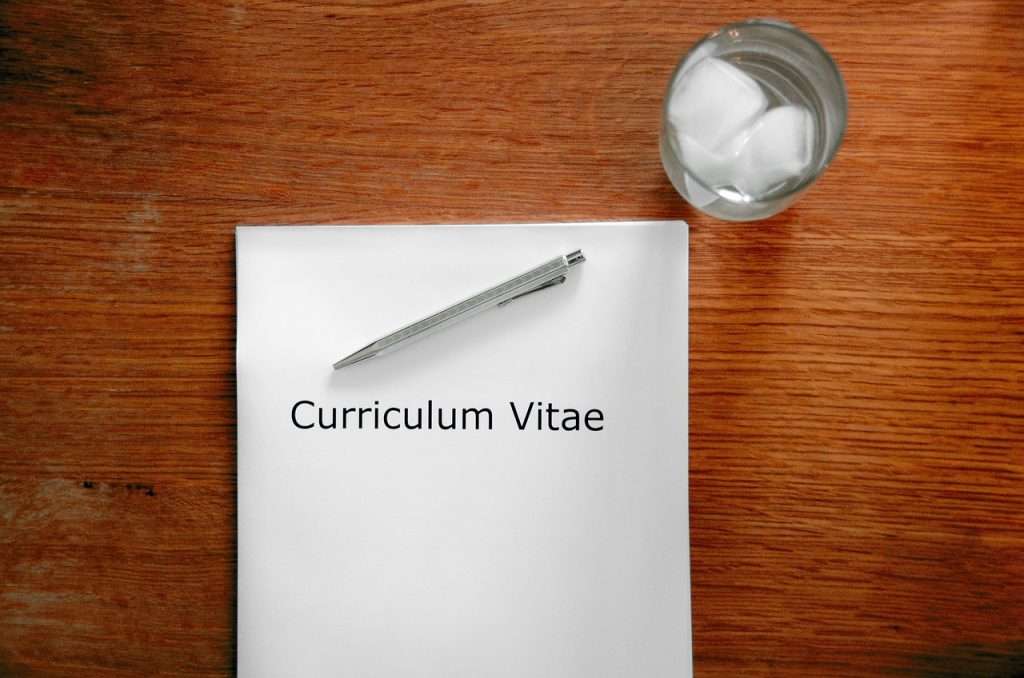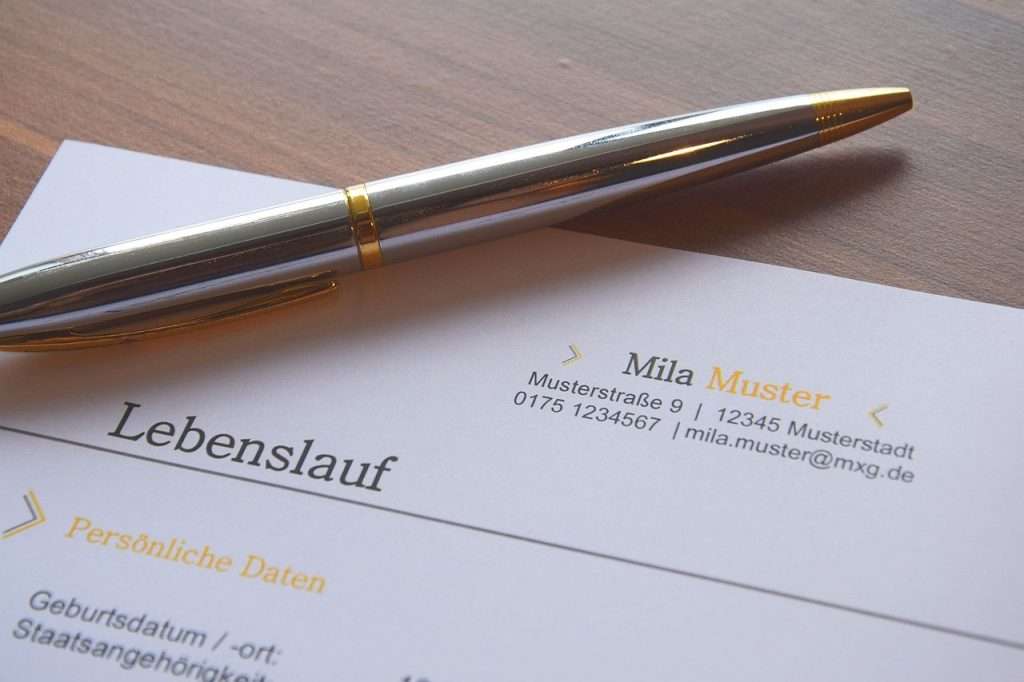How to Write a CV: Key Points and Strategies to Attract Recruiters
A Curriculum Vitae (CV) is a document that outlines your educational background, work experience, skills, and achievements. It is crucial for job applications as it provides recruiters with a detailed summary of your qualifications. Crafting a compelling CV can significantly enhance your chances of securing an interview. Here’s a guide on how to write an effective CV, the key points to include, and strategies to attract recruiters.

Structure and Key Points of a Right CV
Contact Information:
- Full name
- Address
- Phone number
- Email address
- LinkedIn profile or professional website (if applicable)
Professional Summary:
- A concise statement summarizing your career goals, key skills, and what you bring to the role.
- Tailor this section to the specific job you are applying for.
Work Experience:
- List your work history in reverse chronological order.
- Include the job title, company name, location, and dates of employment.
- Provide bullet points highlighting your responsibilities and achievements in each role.
- Use action verbs and quantify achievements where possible (e.g., “Increased sales by 20%”).
Education:
- List your educational background in reverse chronological order.
- Include the degree obtained, institution name, and graduation date.
- Mention any honors or awards received.
Skills:
- Highlight relevant skills that match the job description.
- Include both hard skills (technical abilities) and soft skills (communication, teamwork).
Certifications and Professional Development:
- List relevant certifications, courses, and training that enhance your qualifications.
Achievements and Awards:
- Include any notable achievements or awards that are relevant to the job.
Languages:
- Mention any languages you speak and your proficiency level.
References:
- Optional. You can state “References available upon request.”

How to Attract Recruiters with Your CV Writing
Tailor Your CV to the Job:
- Customize your CV for each job application. Highlight the skills and experiences most relevant to the job description.
- Use keywords from the job posting to pass through Applicant Tracking Systems (ATS).
Focus on Achievements:
- Rather than just listing duties, focus on what you achieved in each role.
- Use metrics and specific examples to demonstrate your impact.
Professional Formatting:
- Keep the layout clean and professional.
- Use a consistent font, appropriate headings, and bullet points for clarity.
- Avoid using graphics or photos unless specifically requested.
Concise and Clear Language:
- Use clear and concise language. Avoid jargon and overly complex sentences.
- Ensure there are no spelling or grammatical errors. Proofread multiple times or ask someone else to review it.
Strong Professional Summary:
- Write a compelling professional summary that captures your key qualifications and career goals.
- This section should make the recruiter want to read more about you.
Highlight Relevant Skills:
- Clearly list skills that are directly relevant to the job you’re applying for.
- Show how your skills have been applied successfully in your past roles.
Include Keywords:
- Incorporate industry-specific keywords and phrases that align with the job description.
- This helps your CV get noticed by ATS and human recruiters.

How to Mention Your Experience in Your CV for Better Hiring Prospects
Use Action Verbs:
- Start each bullet point with a strong action verb (e.g., “Managed,” “Developed,” “Led”).
Quantify Your Achievements:
- Whenever possible, use numbers to quantify your achievements (e.g., “Increased customer satisfaction by 30%”).
Focus on Relevant Experience:
- Highlight experiences that are most relevant to the job you’re applying for.
- If you have a lot of experience, prioritize the most recent and relevant positions.
Detail Your Responsibilities and Achievements:
- For each job, include a few bullet points detailing your main responsibilities.
- Follow these with bullet points highlighting your key achievements and contributions.
Show Career Progression:
- Demonstrate how you have progressed in your career by highlighting promotions, increased responsibilities, and professional development.
Include Volunteer and Internship Experience:
- If you lack formal work experience, include relevant volunteer work and internships.
- Treat these experiences like job positions, detailing responsibilities and achievements.
By following these guidelines, you can create a CV that effectively showcases your qualifications, captures the attention of recruiters, and enhances your chances of securing your desired job.






